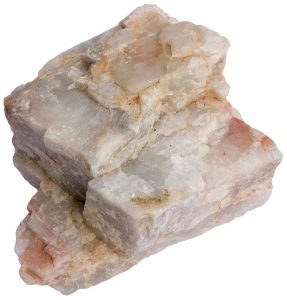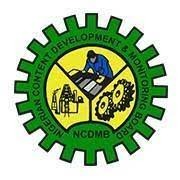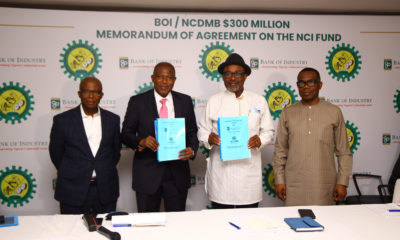Business
FG launches Nigerian made Barites, set to ban importation by 2022
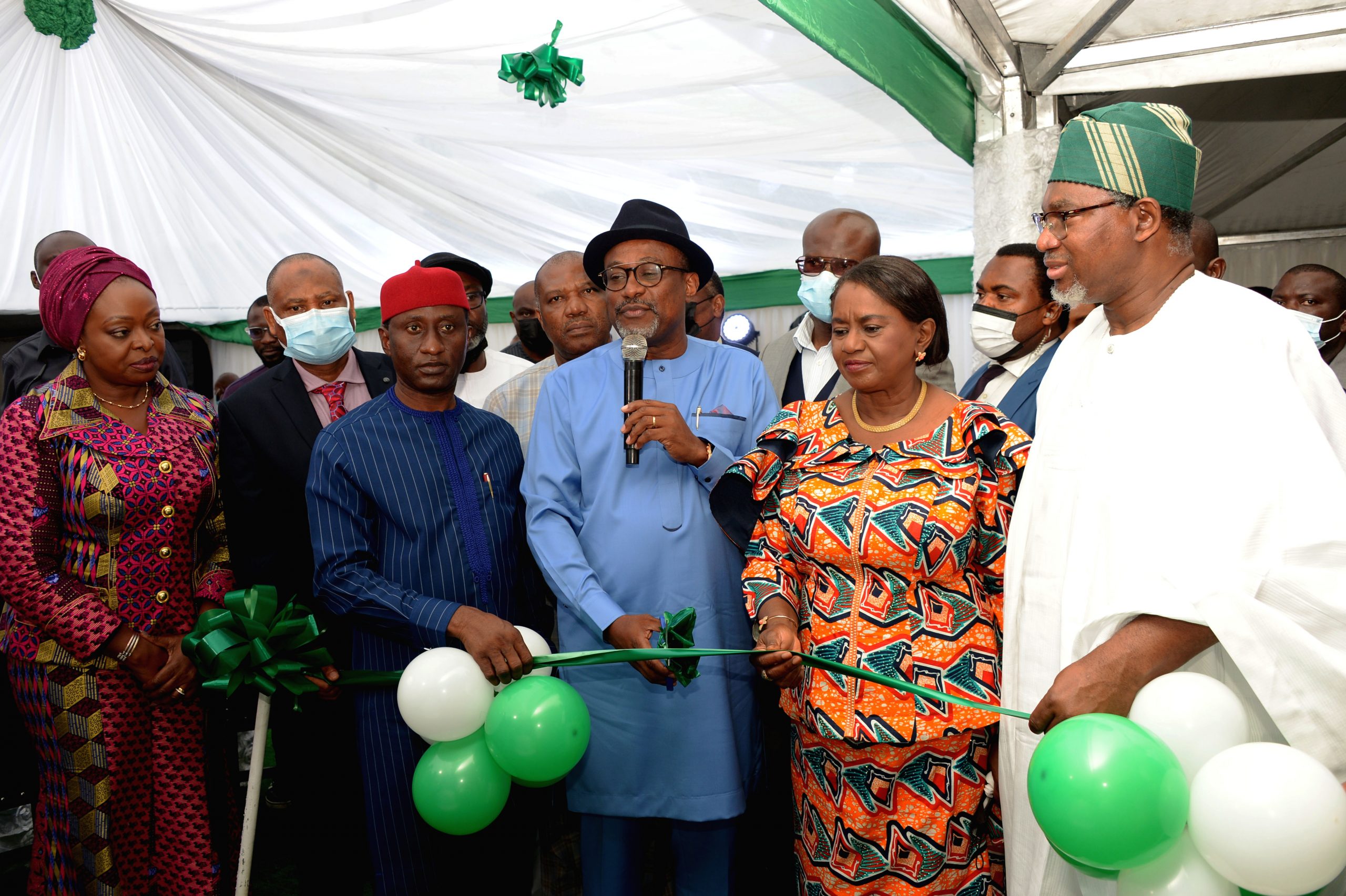
Precious ADELOLA
ABUJA-THE Nigerian Content Development and Monitoring Board (NCDMB) and the Ministry of Mines and Steel Development on Thursday officially launched made in Nigerian Barites that has met specifications for use in the oil and gas industry, mostly in drilling operations.
The Executive Secretary of NCDMB, Engr. Simbi Kesiye Wabote performed the launch in Port Harcourt, Rivers State, in company with the Minister of Mines and Steel Development, Arc Olamilekan Adegbite, Minister of State for Mines and Steel Development, Dr. Uche Sampson Ogah.
He also announced that imported barites would no longer be allowed for use by the Nigerian oil and gas industry from 2022.
He expressed delight at the alignment of objectives by the Ministry of Petroleum Resources and Ministry of Mines and Steel Development in supporting the attainment of the aspirations of the Nigerian Oil and Gas Industry Content Development (NOGICD) Act.
He hinted that the utilization of locally produced Barites and Drilling Fluids in the Nigerian Oil and Gas Industry was in line with the Federal Government’s commitments towards maximum optimization of local content and diversification of the Nigerian economy and would create huge value addition and opportunities to drive the sustainable and competitive growth of the Nigerian economy.
He recalled that the Board had issued a Guideline in May 2021 where it approved four firms for the supply of Barites required for any drilling project or contract in the Nigerian oil and gas industry. The Board also listed 10 other companies that would be upgraded to Category A NCEC, as soon as they meet the requirements of the Guideline for the Utilization of Locally Produced Barite and Drilling Fluids in Nigerian Oil and Gas Industry.
The Executive Secretary charged the ministry and barite miners to focus on the improvement of the Health and Safety Practices at the Mines, Optimal Barite Production in volumes and to the required specification and Availability of accurate geological data.
He also emphasised the need to address Host Community issues and Environmental Practices leading to land degradation, Provision of adequate infrastructure and logistics, Improved access to financing for equipment and working capital and Patronage and utilization of Nigerian barites by Oil and gas operators and service companies.
He stated that improvements in these areas will positively impact the sustainable development of the Nigerian Barite value chain.
He assured that the Board will continue to collaborate and protect investors in the entire value chain of the Nigerian Oil and Gas Industry, adding that first and exclusive consideration will always be given to locally produced goods and services in line with the provisions of the NOGICD Act.
In his remarks, the Minister of Mines and Steel Development stated that the launch would end decades of importation of barites, affirming that the barites being launched met the API standards, which is the global specifications demanded by the oil industry. He stated that Nigeria was blessed with 47 solid minerals deposited across the country and barites was among the seven strategic minerals designated by the ministry for top priority development.
He said that barites occur within the Benue trough- Benue, Taraba, Nasarawa, Plateau, Gombe and Cross River and Zamfara in North-western part of the country.
Adegbite also announced that the Ministry of Mines and Steel Development would set up a marketplace portal that would connect all stakeholders along the barites value chain to a hub that allows easy coordination, stocking, effective costing and seamless sale of barites. He added that the ministry would coordinate the process and ensure that appropriate revenues from the process are remitted to Government.
He explained that the launch of made in Nigerian barites would increase revenue to Government through royalty payment and conserve foreign exchange spent previously in importing barites. He added that the development would also create jobs, especially in local communities where barites are mined and processed and earn Nigeria some foreign exchange when the mineral gets exported.
Business
Again, Dangote Crashes Diesel, Aviation Fuel Prices To N940, N980 Respectively
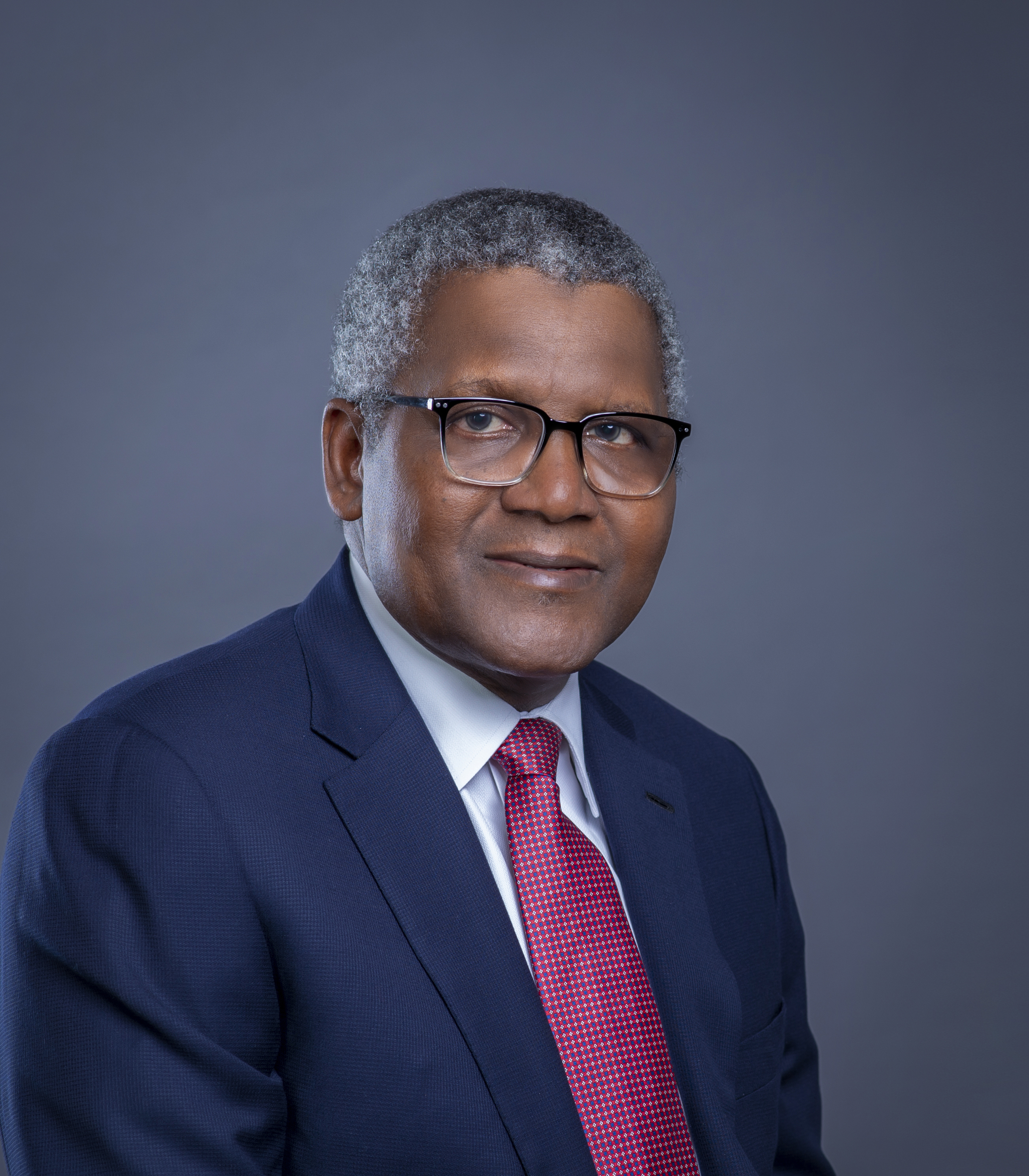
It appears the Nigerian economy would not have to wait for long to reap the benefits of local production of refined petroleum products, with fall in prices witnessed thrice in less than four weeks.
Biztellers reports that the Dangote Petroleum Refinery has again reduced the prices of both diesel and aviation fuel to N940, N980 per litre respectively.
This is coming in the wake of its widely celebrated price reduction to N1,000 barely two weeks ago.
The company disclosed in a statement on Tuesday that the price change of N940 applies to customers buying five million litres and above from the refinery, while the price of N970 is for customers buying one million litres and above.
On the new development, the Head of Communication, Dangote Group, Anthony Chiejina, explained that the new price is in consonance with the company’s commitment to cushion the effect of economic hardship in Nigeria.
He said, “I can confirm to you that Dangote Petroleum Refinery has entered a strategic partnership with MRS Oil and Gas stations, to ensure that consumers get to buy fuel at affordable price, in all their stations be it Lagos or Maiduguri. You can buy as low as 1 litre of diesel at N1,050 and aviation fuel at N980 at all major airports where MRS operates.”
This strategic partnership would be extended to other major oil marketers, Chiejine asserted.
“The essence of this is to ensure that retail buyers do not buy at exorbitant prices.
“The Dangote Group is committed to ensuring that Nigerians have a better welfare and as such, we are happy to announce these new prices and hope that they would go a long way to cushion the effect of economic challenges in the country,” he said.
Recall that the management of the Dangote Petroleum Refinery announced a further reduction of the price of diesel from 1200 to 1,000 Naira per litre barely two weeks ago.
Biztellers reports that this marks the third major reduction in diesel price in less than three weeks when the product sold at N1,700 to N1,200 and also a further reduction to N1,000 and now N940 for diesel and N980 for aviation fuel per litre.
President Bola Ahmed Tinubu had commended Dangote for the initial price reduction, describing it as an “enterprising feat.”
Reacting to the latest development, the Director General of the Manufacturers Association of Nigeria (MAN), Ajayi Kadiri, said that “The decision of Dangote Refinery to first crash the price from about N1,750/litre to N1,200/litre, N1,000/litre and now N940 is an eloquent demonstration of the capacity of local industries to positively impact the fortunes of the national economy.”
He added that “The trickledown effect of this singular intervention promises to change the dynamics in the energy cost equation of the country, in the midst of inadequate and rising cost of electricity.
“The reduction will have far-reaching effects in critical sectors like industrial operations, transportation, logistics, and agriculture, contributing to easing the high inflation rate in the country; a lot of companies will be back in operation.”
Business
Naira Soars, Attains 5-Month Peak Against Dollar
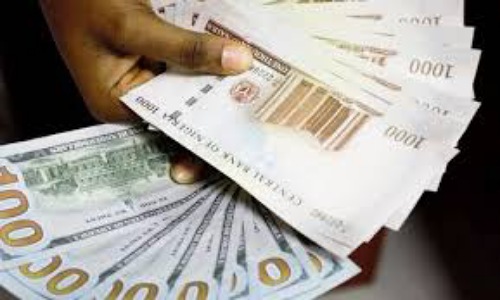
The Naira surged against the US Dollar, surpassing key resistance levels to trade below N1,000 in certain segments of the black market by late Sunday.
This uptrend corresponds with earlier forecasts from Goldman Sachs and occurs amidst increased global geopolitical tensions.
Economists from the American investment bank, Goldman Sachs observed that “The Naira’s current bullish momentum is projected to persist, potentially pushing the exchange rate below N1000 per US dollar in the upcoming months.”
The recent appreciation in the Naira follows a period of volatility marked by significant devaluations since last June. Measures undertaken by Nigerian financial authorities, such as successive interest rate hikes currently at 24.75% and strategic interventions in the foreign exchange market, have notably aided in stabilizing the currency.
A spokesperson from the Central Bank of Nigeria (CBN) emphasized the pivotal role of the CBN’s assertive monetary policy adjustments and the implementation of new market strategies in facilitating the Naira’s recovery from previous setbacks during the latest Monetary Policy Committee (MPC) meeting.
The geopolitical landscape has played a role in market dynamics as well.
Following the recent Iranian strike on Israel, there was an initial flight to safety, which bolstered the US dollar against other currencies.
However, the dollar later stabilized as Israeli ministers indicated no immediate plans for retaliation, easing some market apprehensions.
In March, Goldman Sachs revised its forecast, anticipating the Naira to strengthen to N1200 per dollar by 2024. The firm attributed this optimistic outlook to increased capital inflows and a series of policy initiatives aimed at stabilizing the foreign exchange market.
Finance Minister Wale Edun unveiled plans to boost US dollar inflows, including the sale of foreign currency bonds in the second quarter.
This initiative is part of broader efforts to attract overseas capital through high-yield short-term debt products.
Despite the Naira’s rally and efforts to increase economic inflows, Nigeria’s gross foreign reserves have declined, even amidst rising global commodity prices, especially crude oil.
Nigerian oil grades are presently trading at a premium over the ICE Brent benchmark, which might help counterbalance the adverse fiscal effects of decreased production volumes.
An industry analyst noted, “The ongoing geopolitical unrest in the Middle East and the anticipation of further instability have had significant ripple effects on global markets, impacting commodity prices and currency valuations alike.”
Business
Inflation Surges To 33.20% – NBS
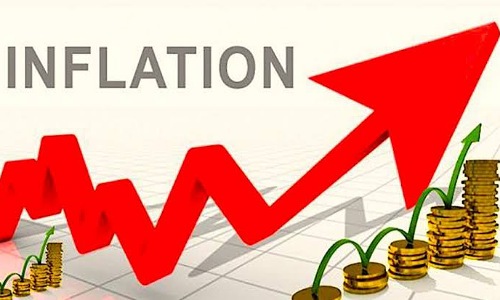
The latest data from the National Bureau of Statistics paints a concerning picture for consumers as the inflation rate surged by 33.20% in March.
This revelation comes from the just-released CPI and Inflation Report for March 2024. Compared to February’s figure of 31.70%, the headline inflation rate saw a notable 1.50% uptick.
Year-on-year, the headline inflation rate rose by 11.16% points compared to March 2023, reaching 22.04%.
This indicates a notable uptick in inflation for March 2024 compared to the same period last year.
The NBS said: “In March 2024, the headline inflation rate increased to 33.20% relative to the February 2024 headline inflation rate which was 31.70%. Looking at the movement, the March 2024 headline inflation rate showed an increase of 1.50% points when compared to the February 2024 headline inflation rate.
“On a year-on-year basis, the headline inflation rate was 11.16% points higher compared to the rate recorded in March 2023, which was 22.04%. This shows that the headline inflation rate (year-on-year basis) increased in the month of March 2024 when compared to the same month in the preceding year (i.e., March 2023).
“Furthermore, on a month-on-month basis, the headline inflation rate in March 2024 was 3.02%, which was 0.10% lower than the rate recorded in February 2024 (3.12%).
“This means that in the month of March 2024, the rate of increase in the average price level is less than the rate of increase in the average price level in February 2024”.

